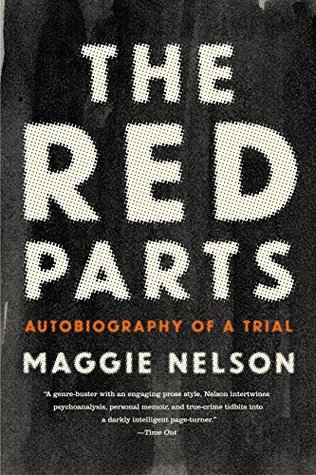More on this book
Community
Kindle Notes & Highlights
Read between
November 15 - December 15, 2021
“My mother has been dead for almost seven weeks; I had better get to work before the need to write about her, which I felt so strongly at her funeral, dies away and I fall back into the dull speechlessness with which I reacted to the news of her suicide. Yes, get to work…. As usual when engaged in literary work, I am alienated from myself and transformed into an object, a remembering and formulating machine.”
She says the fall was too embarrassing to mention. I say that it might have been worth mentioning simply because it happened. We may as well be talking to each other from opposite ends of a cardboard tube.
It was clear that she had entered a world beyond touch, a world beyond comfort.
I feel disoriented too. Where I imagined I might find the “face of evil,” I am finding the face of Elmer Fudd.
Perhaps the shame I feel is a stand-in for the shame I think someone ought to feel.
Time did not get its chance to reduce “mountains into mole hills.” Instead her death froze these mountains into mountains, and froze her father into a state of perpetual incomprehension about her, and about their relationship.
Conventional wisdom has it that we dredge up family stories to find out more about ourselves, to pursue that all-important goal of “self-knowledge,” to catapult ourselves, like Oedipus, down the track that leads to the revelation of some original crime, some original truth. Then we gouge our eyes out in shame, run screaming into the wilderness, and plagues cease to rain down upon our people.
Is a life less grievable if its prospects for the future—here imagined as a range of career options and the potential to bear children—don’t appear bright?
The state had offered to put us up in a single room in a motel, and the idea of sharing a motel room with my mother for a month during a murder trial sounded like a setting for a macabre reality TV show.
Falling out of a story hurts.
The loss was probable before it was possible.
The end of the story was clear from the start. I just didn’t care. People in love rarely do. And like most people in love, or maybe like most writers in love, I thought if I could keep formulating it correctly, if I could keep finding the right words to house it, maybe I could change it.
I watched my suicide mind with interest as well as panic, trying to think of it as a jerky slide show, a scary movie playing behind my eyes, one I could keep watching or walk out of at any time. (Into where, I can’t say.)
These tableaux held no appeal for me. They seemed to depend upon a traumatized observer, a dependence that seemed to me weak, sadistic. Narcissistic in its theatricality, and a bit silly, all things considered.
Now getting spit out of the grim courthouse each evening into a bustling, cheerful mecca of corndog stands, bad landscape paintings, and glazed pottery makes us feel trapped in a Fellini movie.
Perhaps because I have spent hours sermonizing to students about the sins of the passive voice—how it can obfuscate meaning, deaden vitality, and abandon the task of assigning agency or responsibility—I find the grammar of justice maddening. It’s always “rendered,” “served,” or “done.” It always swoops down from on high—from God, from the state—like a bolt of lightning, a flaming sword come to separate the righteous from the wicked in Earth’s final hour. It is not, apparently, something we can give to one other, something we can make happen, something we can create together down here in the
...more
I find myself believing it about as much as I believe Sylvia Plath when she writes, Daddy, daddy, you bastard, I’m through, in conclusion of a poem utterly sodden with grief and vitriol for her father.
Under the right light, the present and the past are indistinguishable.
Everyone on the witness stand will talk about what “was done” to Jane’s body, not what he did or allegedly did, not even what “her murderer did.”


